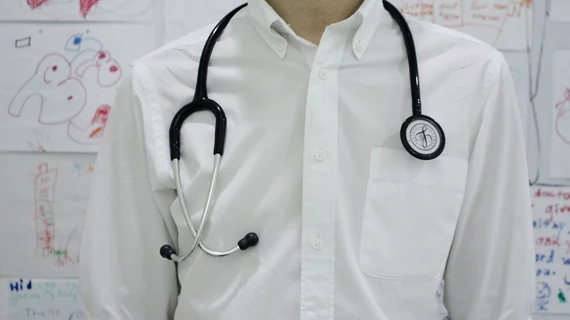Physicians are earning more money
At a time when physicians are in high demand, the occupation is seeing rising salaries, according to the latest compensation findings from the Medical Group Management Association (MGMA). In 2018, median compensation rose across the board from the previous year, with specialty physicians seeing a 4.4% increase, primary care physicians’ earnings rising 3.4% and advance practitioners experiencing a 2.9% rise.
The 2019 findings, detailed in MGMA’s Provider Compensation and Production Report, has data from more than 147,000 physicians and non-physician providers in more than 5,500 organizations.
The compensation increases may good news for those in the field, especially as demand is expected to continue rising and total compensation among all providers has risen between 7% and 11% over the last five years. The salary increases are also reflective of the added value that physicians bring to healthcare providers. One recent study found an individual physician can add more than $2 million in revenue at hospitals.
“The increases we are seeing are driven not only by supply and demand but also by an increase in productivity,” said Halee Fischer-Wright, MD, MMM, FAAP, FACMPE, president and CEO at MGMA, said in a statement. “Practices are staying ahead of the curve by monitoring these trends and in this case, offering higher wages and more incentives to attract and retain the talent they need.”
Practices that are in need of physicians are also offering higher salaries to attract their workforce. While compensation rose across the board in 2018, the biggest gains from the previous year were among specialties with the highest shortages, including newly-hired emergency medicine––40.43% ($207,360 to $291,1940––cardiology––21.25% ($400,000 to $485,000)––and urology physicians––20% ($312,500 to $375,000).
Physician assistant salaries jumped 10.35%, while nurse practitioners saw compensation rise 4%.

